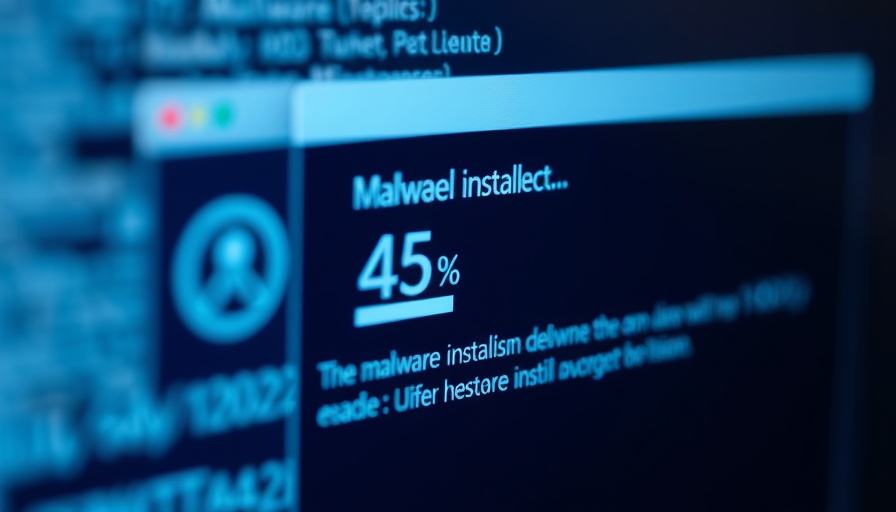
H2: Understanding the New U.S. Visa Social Media Rule In a significant change to immigration policy, the United States Embassy in India has mandated that visa applicants for F, M, and J nonimmigrant visas must set their social media accounts to public. This directive aims to enhance the verification process for applicants to ensure both their identity and eligibility for entry into the U.S. Under current regulations, visa applicants have already been required to disclose their social media handles, but this adjustment creates another layer of scrutiny in the evaluation process. H2: The Purpose Behind the Policy The U.S. Embassy has stated that this move is part of efforts to bolster national security, ensuring that those seeking entry to the U.S. do not pose risks to its citizens or interests. Each visa application is treated as a national security decision, and providing a clear window into an applicant's online persona is viewed as essential for thorough vetting. This requirement aligns with trends in global visa processing, where authorities increasingly analyze social media as a tool for assessing the character and intentions of applicants. H2: Global Context and Similar Measures This isn't an isolated incident. Similar requirements have emerged from U.S. embassies worldwide, highlighting a broader shift in how governments utilize digital footprints in immigration proceedings. For instance, the U.S. Embassy in Mexico has called for applicants to list their social media usernames used over the past five years, reinforcing the narrative that this normalization of social media scrutiny is becoming a global trend. Countries are recognizing the value of social media accounts as vital indicators of personal identity and intent. H2: Implications for Applicants For many potential students and cultural exchange participants, this policy may lead to concerns about privacy and self-censorship. By forcing applicants to make their profiles public, there is a risk that they might need to alter their online behavior to ensure a positive representation. This policy raises questions about the balance between security and individual rights, as applicants navigate the complexities of social media presence against the backdrop of their aspirations for study or work in the U.S. In conclusion, while this new requirement is designed to enhance national security, it undoubtedly challenges privacy norms for applicants. Those preparing to apply for a visa should carefully consider their online presence and how it may influence their application process. As moving forward, staying informed about evolving immigration policies and their implications is crucial for anyone considering a journey to the United States.
 Add Row
Add Row  Add Element
Add Element 


 Add Row
Add Row  Add
Add 

Write A Comment